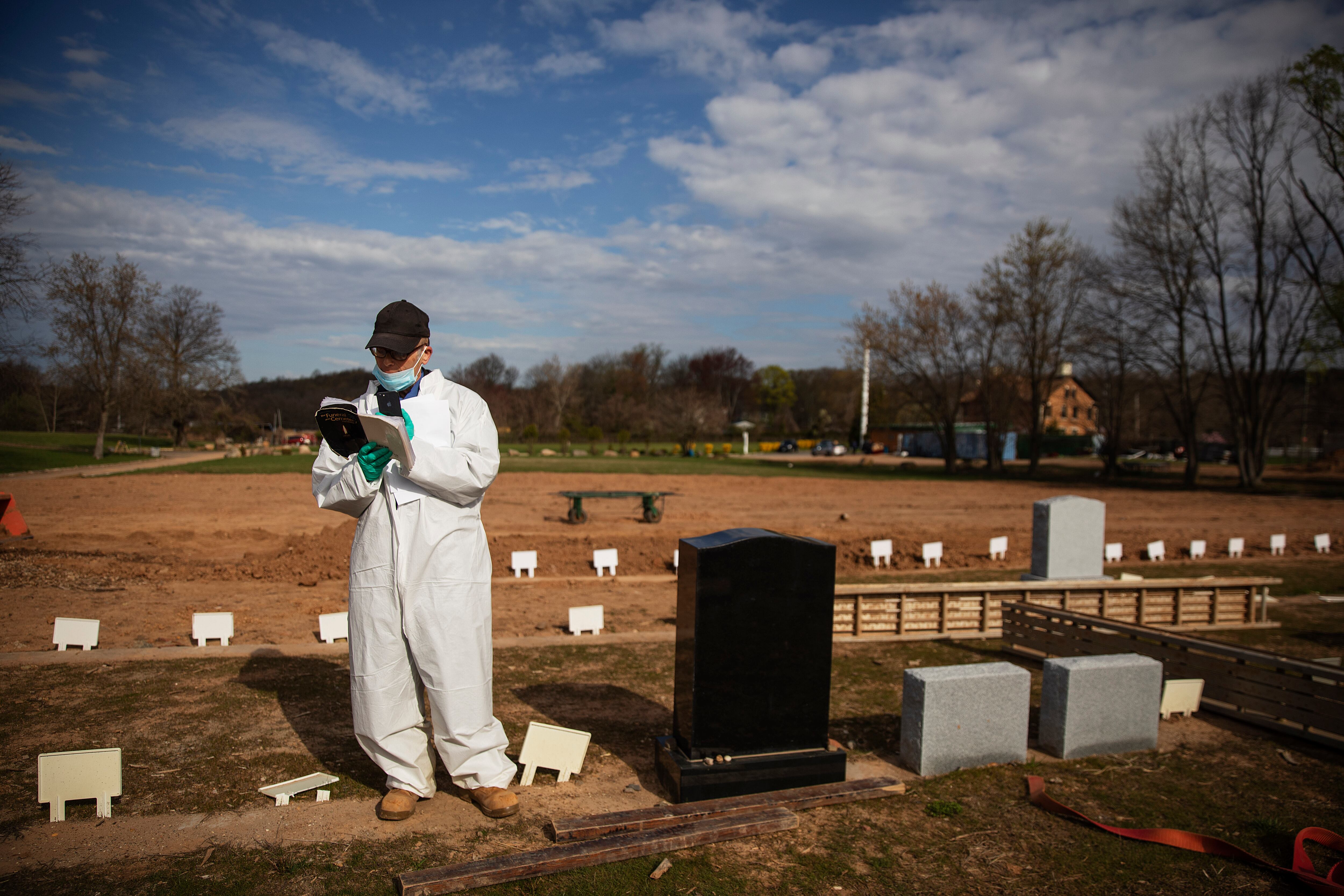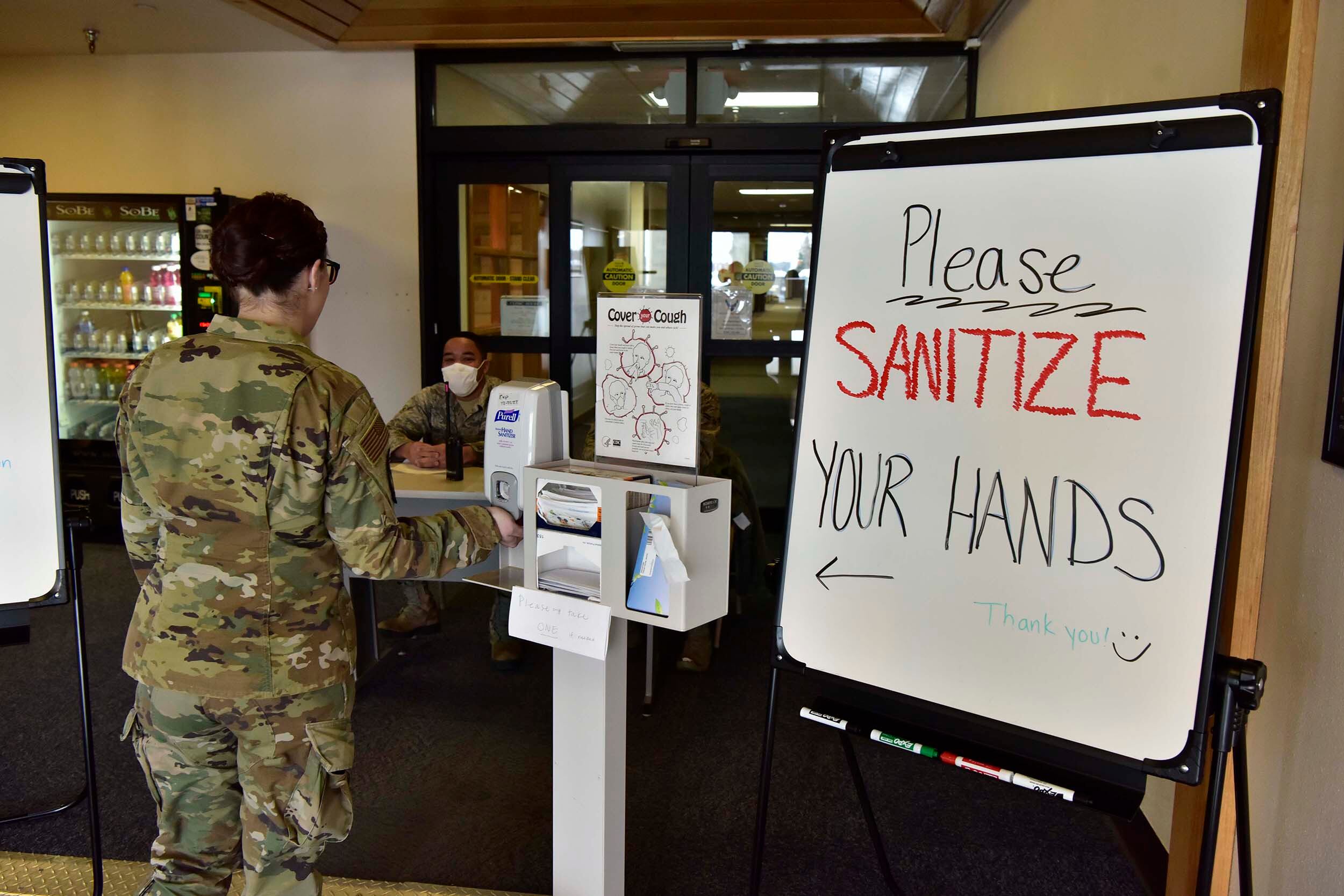As coronavirus case counts rise around the country, many Americans unaccustomed to sudden tragedy and death are being forced to grapple with those issues at a time when they’re largely disconnected from friends and family members.
It’s something that many in the military community have already dealt with, following years of casualties from the wars in Iraq and Afghanistan. And grief experts say the lessons those families have learned could help the rest of the country get through the coming difficult months.
“People need to remember that grief is a normal reaction to loss,” said Bonnie Carroll, president and founder of the Tragedy Assistance Program for Survivors. “And it’s a lifetime journey. We have families still engaged with us who lost loved ones on Sept. 11.”
RELATED

TAPS averages about 23 new program enrollees a day, family members of military lost in overseas operations, suicides or early death to disease.
Recently, that number has also included several survivors of veterans and troops who have succumbed to coronavirus, which has claimed more than 39,000 Americans and 174,000 individuals worldwide.
Carroll said the most noticable difference with these deaths has been the isolation factor. In the past, when a family reports a sudden death, program coordinators usually schedule face-to-face counseling sessions within a day or two.
“But that’s impossible now,” she said, noting the national coronavirus social distancing recommendations. “We’ve seen such a disruption in burials, how we physically mourn these losses. Our tradition is to gather together at the end of a life and to memorialize that person.”
When military families are faced with delayed funerals — whether that is a few extra days or months because of difficulty recovering remains from remote locations — TAPS recommends embracing other ways to mourn more immediately: writing obituaries, collecting pictures and videos, or using tools like online memorials.
The goal is to be “actively memorializing our loved ones” in a way that draws in other community members and helps families feel connected, she said.
RELATED

Instead of delaying mourning, Caroll said, families should reflect on memories of their lost loved ones, and shift focus away from their deaths and onto their lives instead.
TAPS has also been circulating its own “mourner’s bill of rights” for families who have died from coronavirus, including encouragement for grieving individuals to talk about their loss.
“Talking about the death and your grief will help you heal,” states the document, which was written by noted grief specialist and TAPS advisory board member Dr. Alan Wolfelt. “Seek out others who will allow you to talk as much as you want, as often as you want, about what happened. If at times you don’t feel like talking, you also have the right to be silent.”
For military families struggling with the current crisis, the group encourages them to face the challenge like many others in military life: “Moving, changing schools, coping with deployments, being far away from family, and myriad other challenges present opportunities to overcome. We are capable of great resilience.”
More information on TAPS programs and grief assistance is available at the group’s coronavirus web page.
Leo covers Congress, Veterans Affairs and the White House for Military Times. He has covered Washington, D.C. since 2004, focusing on military personnel and veterans policies. His work has earned numerous honors, including a 2009 Polk award, a 2010 National Headliner Award, the IAVA Leadership in Journalism award and the VFW News Media award.





